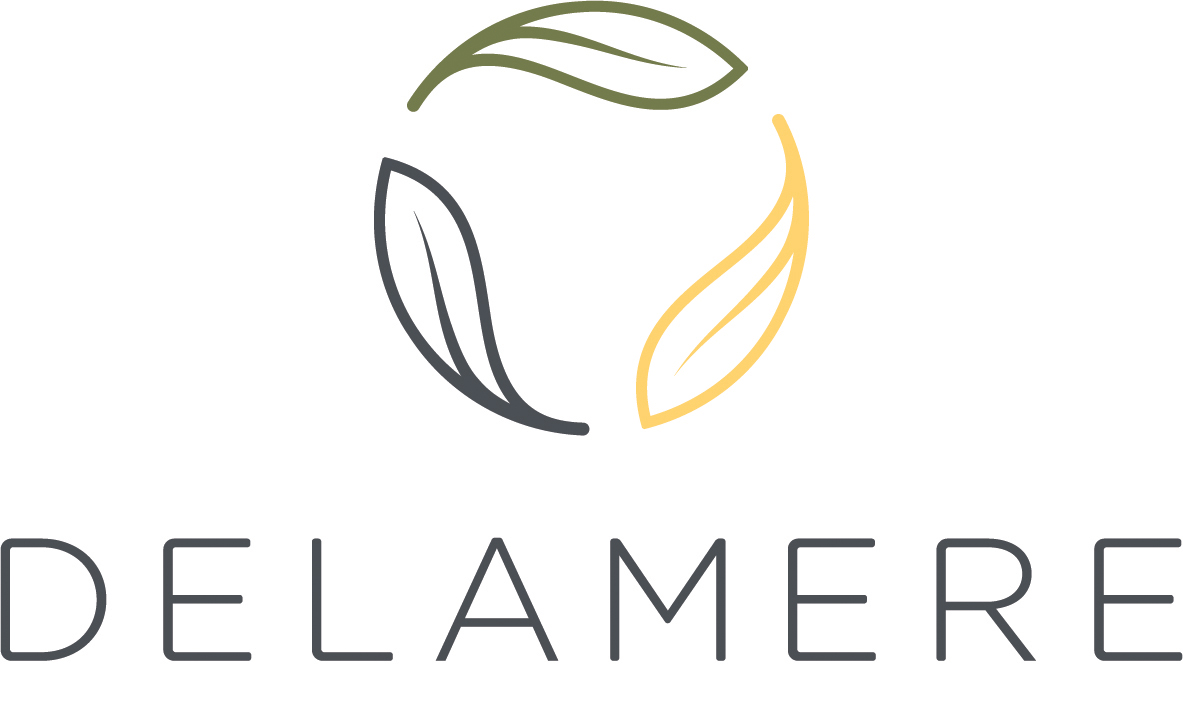What’s included?
- Introduction
- Why does addiction still remain a silent issue in the workplace?
- How can HR departments create a culture where employees feel safe to ask for help?
- How Delamere can support
Almost half of employees (48%) admitted they had turned to addictive behaviours to manage the demands of their job, according to a Bupa survey.
In today’s relentless, performance-driven work culture, we’re expected to show up strong, switched on, and seamlessly put together every day.
However, this relentless pressure has driven a growing number of employees to experience burnout, with many turning to addiction as a way to cope.
More than half (57%) of employees admit they’ve struggled with some form of addiction. The most common issues reported include alcohol misuse (15%), gambling (14%), and recreational drug use (7%).

These figures reflect not only the prevalence of addiction among working professionals but also the range of behaviours individuals are using to manage burnout.
In today’s relentless, performance-driven work culture, we’re expected to show up strong, switched on, and seamlessly put together every day. However, this relentless pressure has driven a growing number of employees experiencing burnout, with many turning to addiction as a way to cope.

Call us confidentially at any time to speak to a member of our team.
Call us now: 0330 111 2015
Why does addiction still remain a silent issue in the workplace?
Even as mental health conversations have become more accepted in workplace environments, addiction often remains a taboo topic. Fear of judgment, job loss, or being perceived as weak keeps many employees suffering in silence.
The result? A culture of silence that keeps people isolated, ashamed, and stuck.
Workplace norms often reward overworking and discourage vulnerability and honesty of burnout which means that asking for help can feel impossible. But this is precisely why breaking the silence is so important.
No one should have to face addiction alone.

A report by Dame Carol Black in 2016 found that roughly half of employers at the time stated that they would not recruit people recovering from drug and alcohol problems.
The stigma can be formed from a lack of education and open communication about these subjects in professional environments, or the byproducts that come with addiction, such as dishonesty, embarrassment, increased risk-taking, or frequent mood swings.
This underscores the need for organisations to create safer, more supportive environments where individuals feel empowered to speak up and get the help they need.
How can HR departments create a culture where employees feel safe to ask for help?
There are many ways HR professionals can contribute to a culture where employees feel safe to speak up about addiction, but this needs to come from the top-down first. There has been a concerning rise of absenteeism in workplaces because employees don’t feel safe enough to speak about how they are feeling in fear of losing their job.
Normalise tough, open, and non-judgemental discussions about these subjects through company policy change, or even by inviting guest speakers to the office to help educate all staff, from the CEO to the junior staff. Don’t underestimate the impact of storytelling!
A burnt-out or stressed employee is less likely to feel safe speaking up, so seek to address these core issues first by training managers, who are your first line of defence, to spot signs and triggers of chronic stress, and help the employee put in more boundaries.
Stopping out-of-hours emails or messages, whether that be in the evenings or weekends, can also help the employee switch off.
When hiring new talent, employers should encourage candidates to share their addiction recovery story when applying for a job, reassuring the candidate that this will not impact their chances of getting the role.
It is great to see more and more employers are funding employees to receive professional treatment for their addictions.
Schemes like EAPs are being offered by companies as an employee benefit. These programs may provide counselling, referrals to rehabilitation services, and additional resources to support individuals on their recovery journey.
This demonstrates a genuine commitment to staff wellbeing and creates a more supportive, stigma-free workplace.
How Delamere can support
If you or a loved one is struggling with addiction due to workplace burnout, Delamere offers an individualised and holistic approach through their treatment model.
The Stop, Start, Grow, Bloom model addresses the root causes of addiction, promotes self-awareness, and supports sustainable recovery.

After their stay at Delamere, the Bloom programme provides guidance and is a celebration of recovery with 12 weekly check-ins with recovery mentors and other former guests. This method has demonstrated effectiveness in supporting former guests to prevent relapse.
To learn more about how Delamere can support addiction, book a consultation over the phone on 0330 111 2015 or email us [email protected].

Call us confidentially at any time to speak to a member of our team.
Call us now: 0330 111 2015








